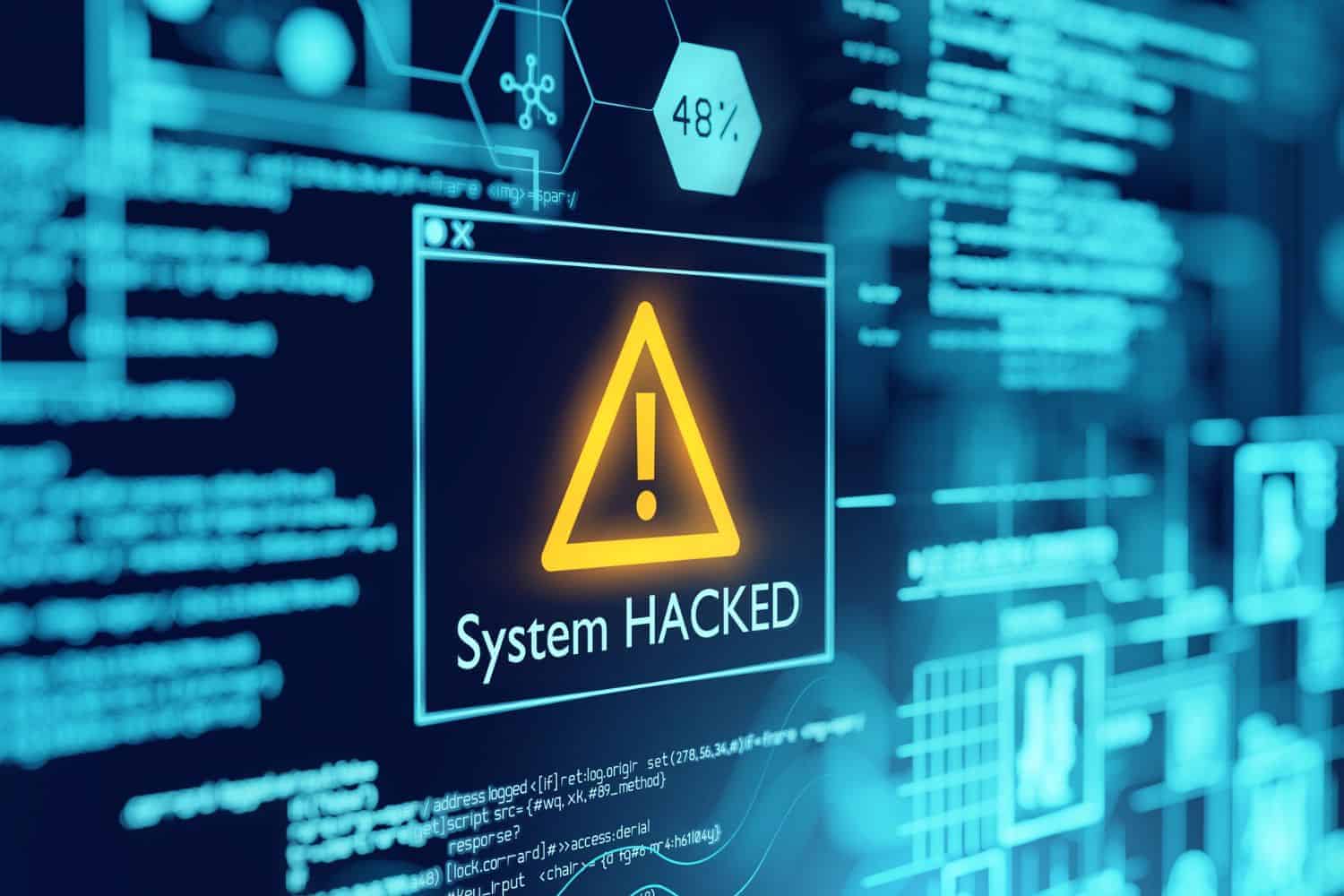A good cyber hygiene starts with antimalware software and regularly updating your software.
In today’s world of technology, businesses must prioritise their cyber hygiene to ensure they are protected against the advanced nature of cybercrime, a constantly changing threat.
Anna Collard, senior vice president of Content Strategy at KnowBe4 Africa says prioritising cyber hygiene will reduce the risk of operational disruptions, reputational damage, and financial losses because of cyberattacks.
“Unfortunately, what worked before is no longer sufficient. In the early days of the internet, simple antivirus software and password protection were often enough to prevent cyberattacks.”
What makes strong cyber hygiene
She adds that good cyber hygiene starts with antimalware software and regularly updating your software.
“Next, you need to use strong, unique passwords. Be deliberate about creating long, unique passwords for each account and use a password manager to store them securely.”
She recommends people to enable their multi-factor authentication (MFA). Traditional MFA requires a password plus a second factor, such as a code sent to your phone via text or generated by an app.
Be careful about sharing personal information over the phone or online, especially on social media or unfamiliar websites.
“Combine this with regularly backing up your important files to a secure location, such as an external hard drive or a reputable cloud service, and your digital hygiene will be significantly improved.”
ALSO READ: Watch out: scammers clone social media and websites to steal from you
What does poor digital hygiene look like?
Collard says one of the laziest habits she has come across is people using the same password across all accounts, often something predictable like a pet’s name plus a birth year.
“While this might not be critical for news websites, it is a major risk for important accounts. Your email, social media, work, and financial accounts truly require unique, strong passwords coupled with multi-factor authentication.”
She adds that people often say they do not mind if cybercriminals hack their email accounts because they have nothing to hide. She says that is not the point, but attackers can exploit one’s email account to spread malware and launch attacks against people in your network who trust you.
ALSO READ: How to protect yourself from password leaks
What can organisations do?
“Organisations can foster good cyber hygiene by building a culture of security awareness through regular training and communication.”
Collard adds that key strategies include ongoing security awareness training to help employees recognise threats like phishing and social engineering, establishing clear policies on online behaviour and data handling, and leading by example through managers’ adherence to security practices.
She also advises that businesses have regular drills, such as simulated phishing, incentives for compliance and personalising the benefits of cybersecurity, which will further encourage strong, consistent participation.
NOW READ: Cyber extortion: Ransomware results in R140 million loss for SA companies
